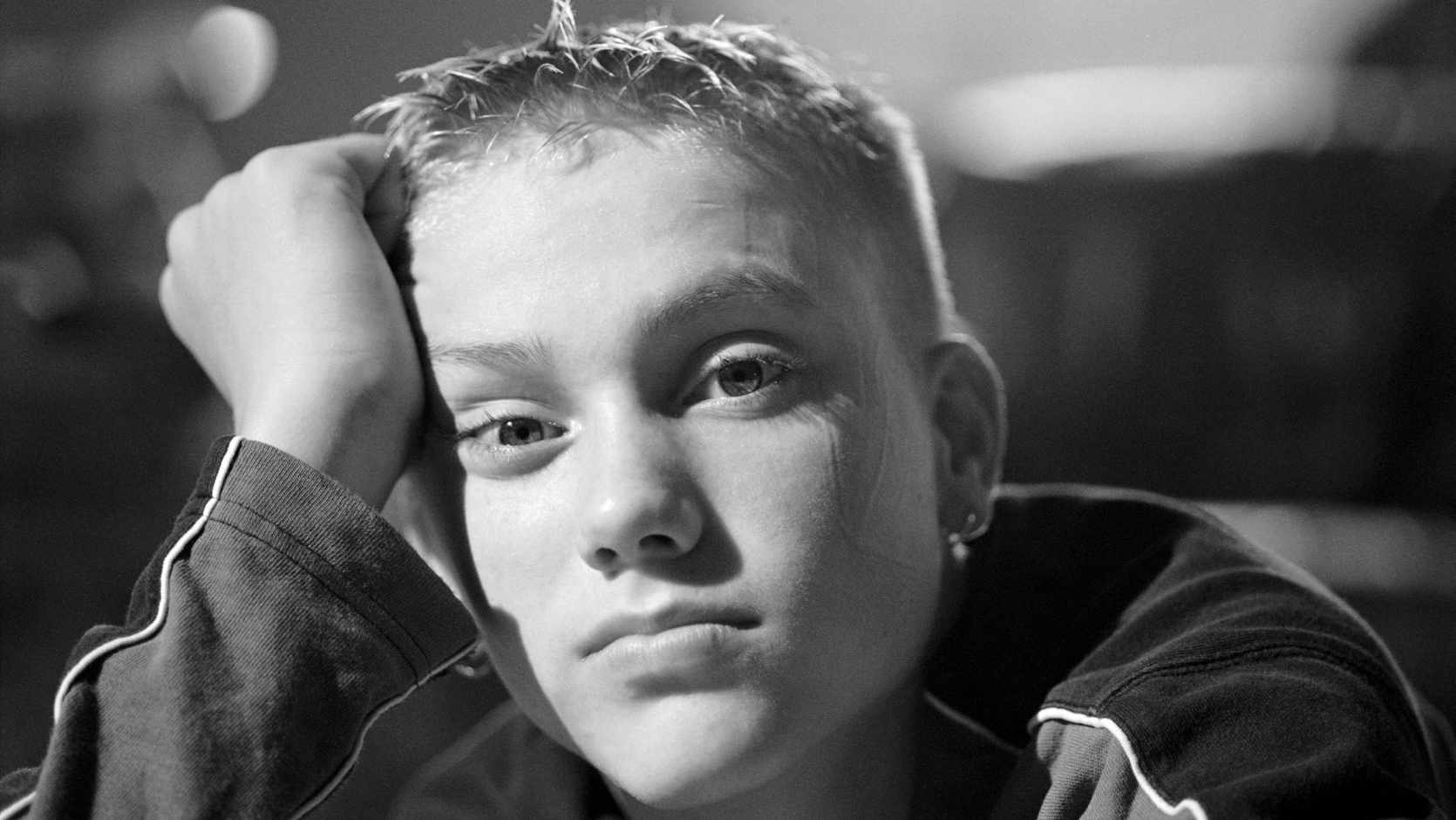Doli incapax is Latin for “incapable of evil” and stems from the legal notion that humans can be too young to understand what they are doing is wrong when they commit a crime.
Children under ten cannot be found guilty of an offence
In Australia children ten years old and younger cannot be found guilty of an offence, as they are under the minimum age of criminal responsibility.
Children aged ten to 14 have the common law presumption of doli incapax – that they are incapable of committing a criminal act. This can only be rebutted if the prosecution can show that the accused child was able to distinguish between right and wrong at the relevant time.
The NSW Young Offenders Act 1997 sets out procedures such as youth justice conferences, cautions and warnings as a preferred way to deal with children over ten who commit offences.
There is intensifying debate surrounding the appropriate age for criminal responsibility. Some argue it should be raised to 12, others saying it should be fourteen.
Principle of doli incapax
The long-standing principle of doli incapax presumes a child aged ten to 14 does not possess the mental element – or “mens rea” in legal terminology – to know the difference between right and wrong for what they did to be an offence.
It is important to remember that doli incapax is not a defence, but a presumption which can be rebutted. It is up to the prosecution to prove beyond reasonable doubt that the child knew what they did was “seriously wrong” and not merely naughty or mischievous. (Please see the NSW Children (Criminal Proceedings) Act 1987, section 5.)
Court finds 13-year-old’s act did not pass threshold of doli incapax
A recent Supreme Court judgement in Victoria found a 14-year-old boy (named PM for legal reasons) was not guilty of murder, even though he took part in a teen gang attack and killing of 16-year-old Declan Carter. The judge said PM was 13 when he kicked and stomped on the victim during the unprovoked attack by eight teenagers, but did not stab him. (Please see DPP v PM [2023] VSC 560.)
Acting as judge alone, Justice Rita Incerti ruled the then 13-year-old boy’s act did not pass the threshold of doli incapax, as she considered PM’s problematic upbringing, intellectual development and prior offences. PM was on bail at the time of the attack.
“A review of the evidence in its entirety leaves open a reasonable possibility that at the time of the offence, PM did not know that his conduct was seriously wrong in a moral sense,” Judge Incerti said in her judgement.
“In all the circumstances, I find the prosecution has not rebutted the presumption of doli incapax beyond reasonable doubt. As such, this leads to the conclusion that PM cannot be found guilty of murder and the alternative charge of manslaughter.”
Other gang members were jailed for the attack. PM’s brother, who was 14 at the time of the attack, was jailed for ten years in a separate judgement.
High Court rules doli incapax may be rebutted
In 2016 the High Court said in a landmark case RP v The Queen that the presumption of doli incapax may be rebutted by evidence that the child knew what they did was morally wrong.
If there is no evidence to rebut the presumption, then the charges will probably be dismissed. The evidence to prove guilty knowledge must be strong and clear.
If doli incapax rebutted, children may face jail
If doli incapax is rebutted, children aged ten to 14 can be found guilty and subject to criminal penalties, including jail. In 2020, 105 children aged ten to 13 spent time in detention in NSW, 56 per cent of them Indigenous children.
Police statistics show that in NSW in 2020, 110 children aged ten to 14 were taken to court for assault, 37 for sexual and indecent assault, 30 for robbery, 100 for bullying and harassment, 35 for burglary, 25 for vehicle theft, 71 for malicious damage to property and 19 for driving offences. (Please see Age of criminal responsibility, NSW Parliamentary Research Service, March 2022.)
Conditions in detention for children have been exposed as horrendous, with a lasting impact on their lives, usually resulting in a life of crime. Finding other solutions to set them on a better path should be the aim of the justice system.














